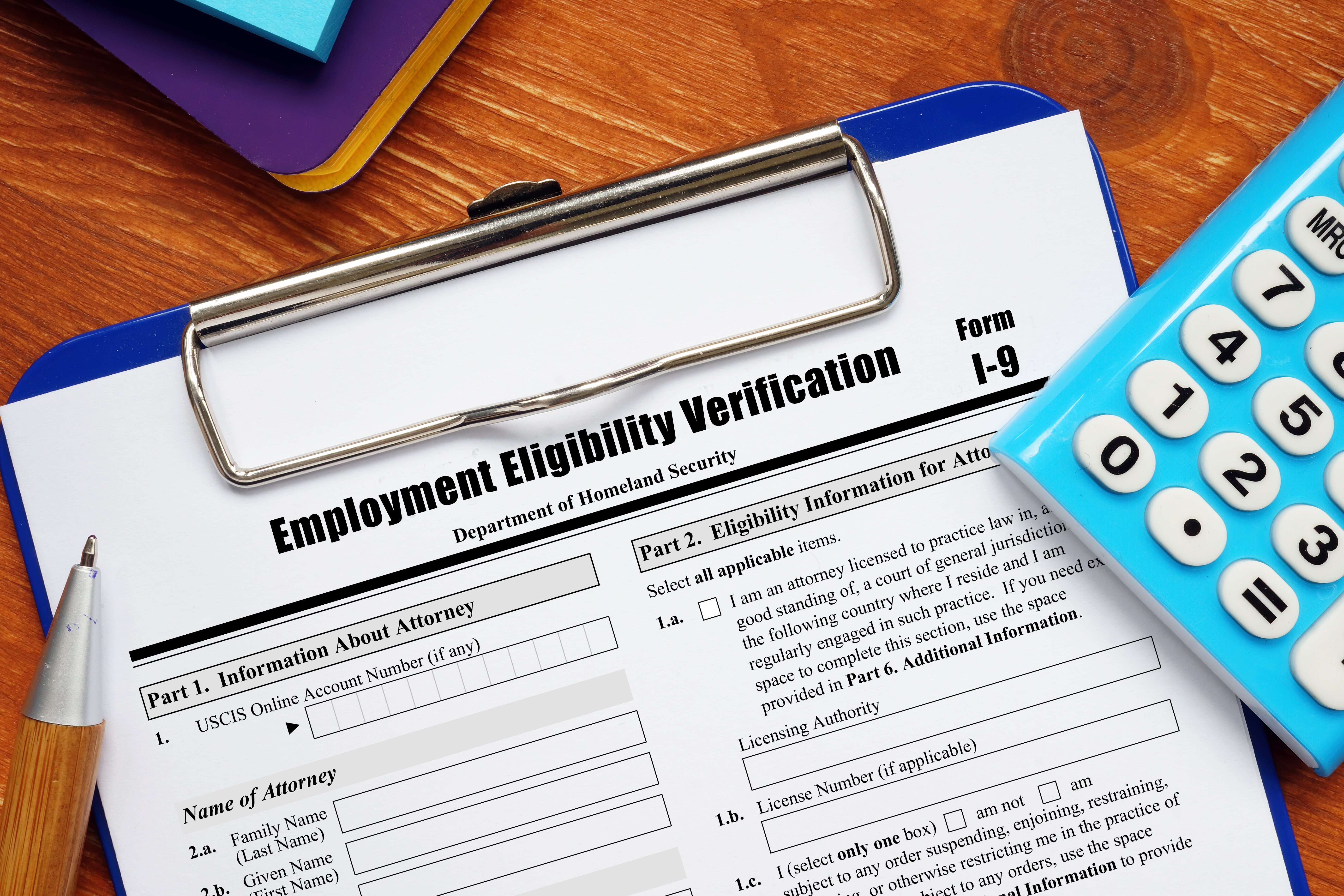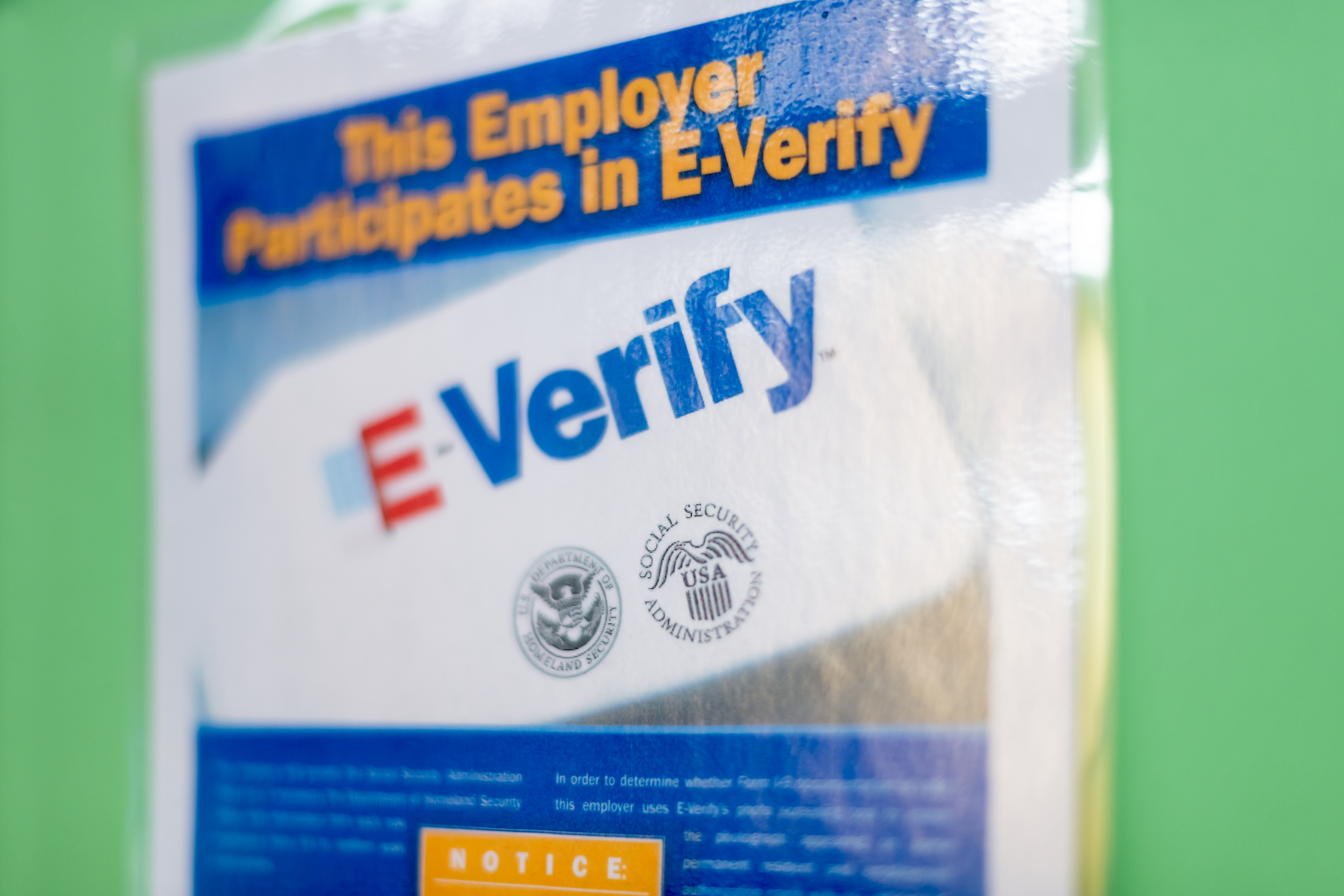While E-Verify aims to streamline employment verification, some states have opted out, citing various concerns and challenges.
Understanding E-Verify: The Basics
E-Verify is an internet-based system that allows businesses to determine the eligibility of their employees to work in the United States. Offered by the U.S. Department of Homeland Security in partnership with the Social Security Administration, E-Verify compares information from an employee's Form I-9 to government records to confirm employment eligibility.
The system aims to provide a fast and reliable method for employers to ensure they are hiring individuals who are legally authorized to work in the U.S. Despite its intended benefits, the adoption of E-Verify is not uniform across all states.

State Concerns Over Accuracy and Reliability
One of the main reasons some states reject E-Verify is due to concerns over its accuracy and reliability. Critics argue that the system can produce false positives and false negatives, potentially leading to wrongful terminations or the hiring of ineligible workers. These errors can occur due to outdated or incorrect information in government databases.
States that are wary of these inaccuracies are concerned about the potential legal repercussions and the negative impact on both employers and employees. Ensuring the accuracy of the system would require significant improvements and constant updates to the underlying databases.
Privacy and Data Security Issues
Privacy and data security are other major concerns for states hesitant to adopt E-Verify. The system requires the collection and storage of sensitive personal information, including Social Security numbers and immigration details. This data is susceptible to breaches and misuse, which could lead to identity theft and other forms of fraud.
States that prioritize data privacy are cautious about implementing a system that could potentially compromise the personal information of their residents. They emphasize the need for robust security measures to protect this data from unauthorized access and cyber threats.

Economic and Administrative Burdens
The economic and administrative burdens associated with E-Verify are also significant factors in some states' decisions to reject the system. Implementing E-Verify can be costly for businesses, particularly small and medium-sized enterprises that may not have the resources to manage the additional administrative workload.
Moreover, state governments themselves may face financial and logistical challenges in mandating and overseeing the use of E-Verify. The costs of training, compliance monitoring, and addressing disputes can add up, making it an unattractive option for some states.
Legal and Ethical Considerations
Legal and ethical considerations also play a role in some states' reluctance to adopt E-Verify. There are concerns about potential discrimination and unfair labor practices that may arise from its use. For instance, employers might inadvertently or intentionally use E-Verify to discriminate against certain groups of workers based on race, ethnicity, or immigration status.
Additionally, there are ethical concerns regarding the balance between immigration enforcement and the protection of workers' rights. States that emphasize human rights and fair labor practices may view E-Verify as a tool that could undermine these values.
It is difficult, particularly for companies in multiple states, to keep track of specific states' requirements related to E-Verify. For this reason, companies should outsource their I-9 employment verifications to a company like TrendSource, whose Virtual I-9 Verifications meet all state requirements.


